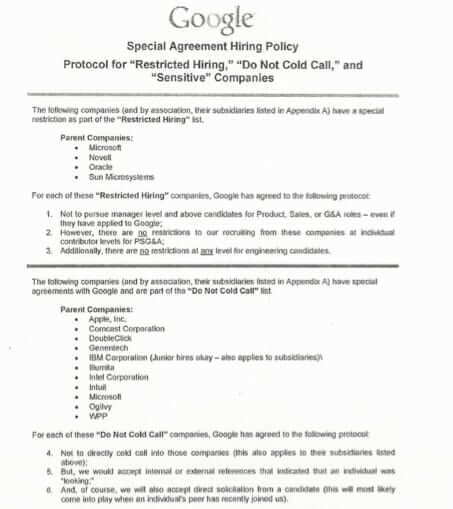Tag: intel
ZombieLoad, Meltdown and Spectre: Triple Threat to Nearly All Computers
Zombie Load, Spectre, and Meltdown are security holes in the processors of many, many personal computers as well as servers, including those in the cloud.
Do I Have to Worry About the Spectre Intel Chip Security Flaw? And What is Speculative Execution?
As news of the Intel chip security flaw has started to permeate public awareness, people are asking themselves two main questions: “Do I have to worry about it, and if so what do I need to do?” and “Just what is speculative execution?” (The issue with the chips has to do with the speculative execution function.) This flaw is said to affect millions of Windows, Mac, and Linux computers around the world. “Major flaw in millions of Intel chips revealed” screams the BBC headline. “A Critical Intel Flaw Breaks Basic Security for Most Computers,” banners Wired. Even Popular Mechanics is getting in on it, stating that “Horrific Security Flaw Affects Decade of Intel Processors.” Although, others are starting to say that it’s not limited to Intel chips, as pointed out by the Axios story, “Massive chip flaw not limited to Intel.”
Employees Hurt by Illegal Non-Poach Agreement Between Apple, Google, Intel, IBM, eBay, Microsoft, and Others to Get Day in Court
Employees of more than a dozen high tech giants were subject to a secret agreement (see the smoking gun documents) between the companies to not poach each other’s employees. The deal, labelled “Techtopus” by journalist Mark Ames, included Apple, Google, Intel, Adobe, Dell, IBM, eBay, Microsoft, Comcast, Clearchannel, Dreamworks and Pixar, and British public relations company WPP (which stands for Wire and Plastics Products – they started out as a manufacturer of shopping baskets).
Google, Apple, Yahoo Win Federal Permission to Hide Race and Gender Workforce Data as “Trade Secrets”
Google, Apple and Yahoo (as well as Oracle and Applied Materials) this week prevailed against a Freedom of Information Act (FoIA) request that was seeking to require them to share their workforce data as it relates to race and gender. Under the Freedom of Information Act request, the San Jose Mercury News newspaper wanted to know what percentage of Apple’s, Google’s, and Yahoo’s workforce was African American, what percentage was Hispanic, Asian, caucasion, etc., and what percentage were women. Apple, Google and Yahoo, and Oracle and Applied Materials, claimed that these details were trade secrets, and that their businesses would be negatively impacted if they were forced to reveal this information.






